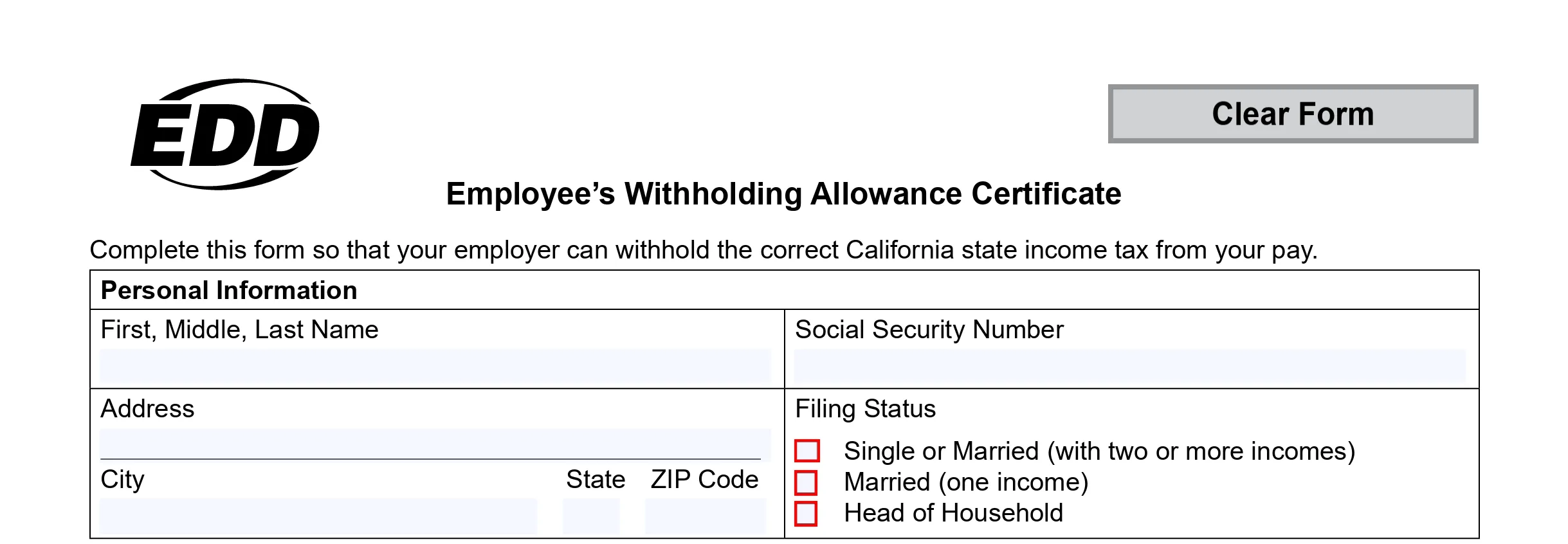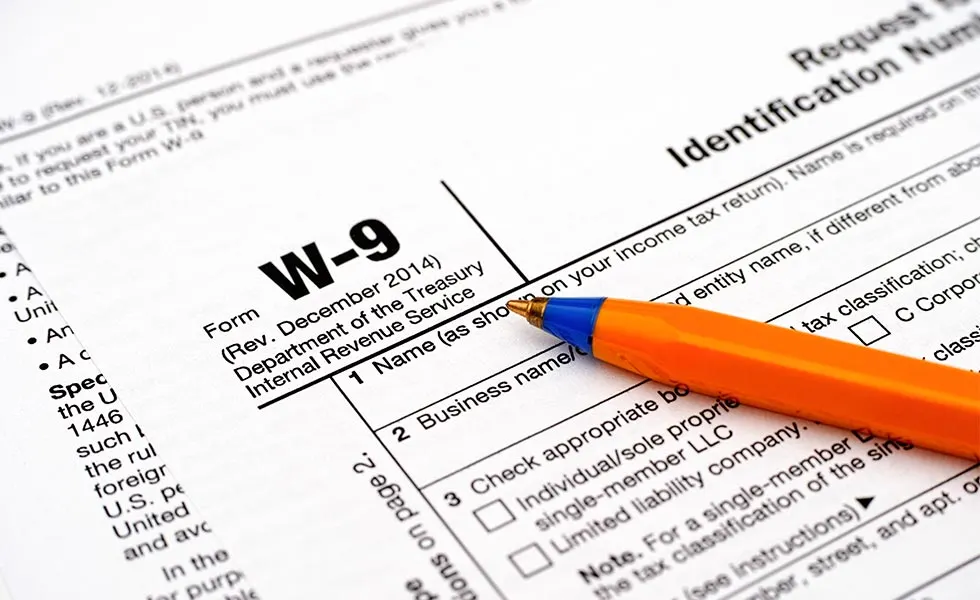5 Tax Mistakes Small Business Owners Make and How to Avoid Them
As a small business owner, taxes can often feel like a maze of complex rules and deadlines. It’s easy to make costly mistakes that can lead to missed deductions, penalties, and even audits. But with proper planning, record-keeping, and professional support, you can navigate the tax season confidently and avoid these common pitfalls.
In this blog, we’ll outline five of the most frequent tax mistakes small business owners make and offer practical tips to avoid them. By understanding these common errors and the importance of working with a tax professional, you can set your business up for tax success and maximize your savings.

1. Improperly Categorizing Expenses
One of the most common tax mistakes small business owners make is misclassifying their business expenses. The IRS requires businesses to separate personal expenses from business-related ones. Inaccurate expense categorization can lead to missed deductions or errors in tax filings.
For example, a business owner might accidentally categorize a personal expense (such as entertainment or meals with family) as a business expense, which can raise red flags during an audit.
How to Avoid It:
• Use accounting software or work with a professional bookkeeper to separate business and personal expenses.
• Make sure to keep clear records and receipts for every business-related purchase, no matter how small.
• Classify each expense accurately based on IRS guidelines.
2. Failing to Keep Accurate Records
One of the top reasons small businesses face audits is poor record-keeping. If your records aren’t organized, you could miss out on valuable deductions or even face penalties for failure to file correctly. The IRS expects businesses to retain accurate and up-to-date records of all income, expenses, and supporting documentation.
How to Avoid It:
• Establish a system for tracking expenses and income from day one.
• Use cloud-based accounting software to store digital records and receipts.
• Keep all financial records for at least seven years, as required by the IRS.

3. Missing Deadlines
Missing tax filing deadlines is a costly mistake. Not only can you incur penalties for late filings, but you may also miss out on certain deductions or tax credits. This can be particularly problematic if you’re filing quarterly estimated taxes or if your business operates on a fiscal year instead of a calendar year.
How to Avoid It:
• Mark tax filing deadlines on your calendar, and set reminders well in advance.
• File early to avoid rushing through the process or making last-minute errors.
• Work with a tax professional who can handle filing on your behalf, ensuring deadlines are met.
4. Not Taking Advantage of Available Deductions
Many small business owners don’t claim all the tax deductions they’re entitled to, leaving money on the table. Deductions for business expenses—such as vehicle mileage, home office expenses, and business-related travel—can significantly reduce your taxable income. However, some owners fail to track these expenses properly or neglect to ask their tax professionals about them.
How to Avoid It:
• Make a comprehensive list of all possible deductions, including those specific to your industry.
• Work with a tax professional who understands the nuances of business deductions and can help identify overlooked expenses.
• Use expense-tracking tools to ensure you capture every eligible deduction.
5. Not Working with a Tax Professional or Bookkeeper
Small business owners often try to handle taxes themselves to save money, but this can lead to mistakes that end up costing more in the long run. A professional tax preparer or bookkeeper can help you navigate complex tax rules, maximize deductions, and ensure compliance.
How to Avoid It:
• Hire a qualified tax professional or bookkeeper who specializes in small businesses.
• Consult with them year-round, not just during tax season, to ensure your records are in order and you’re on track to maximize your tax savings.
• Consider outsourcing bookkeeping to free up your time for running your business while ensuring your taxes are handled accurately.
Conclusion
Avoiding common tax mistakes is critical for small business owners who want to minimize their tax liability, stay compliant, and focus on growing their business. By being proactive about record-keeping, properly categorizing expenses, and seeking professional assistance, you can ensure that you’re making the most of every tax opportunity.
Investing in bookkeeping services and tax preparation from a professional can save you time, money, and stress, helping you avoid costly mistakes and audits. Take control of your business finances and set yourself up for tax success.
Disclaimer: This blog is for informational purposes only and should not be considered tax advice. Consult with a qualified tax professional or advisor for personalized guidance based on your specific situation.
Reach out to us today at [email protected], and let's work together to optimize your tax situation and financial well-being. Your journey towards a more tax-efficient future starts here.



